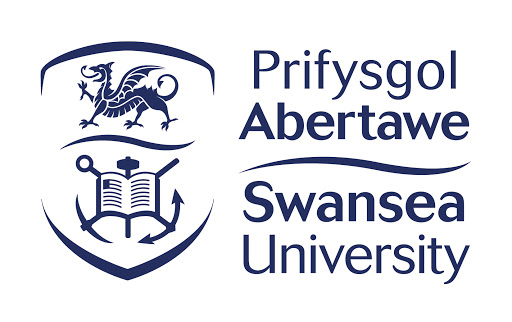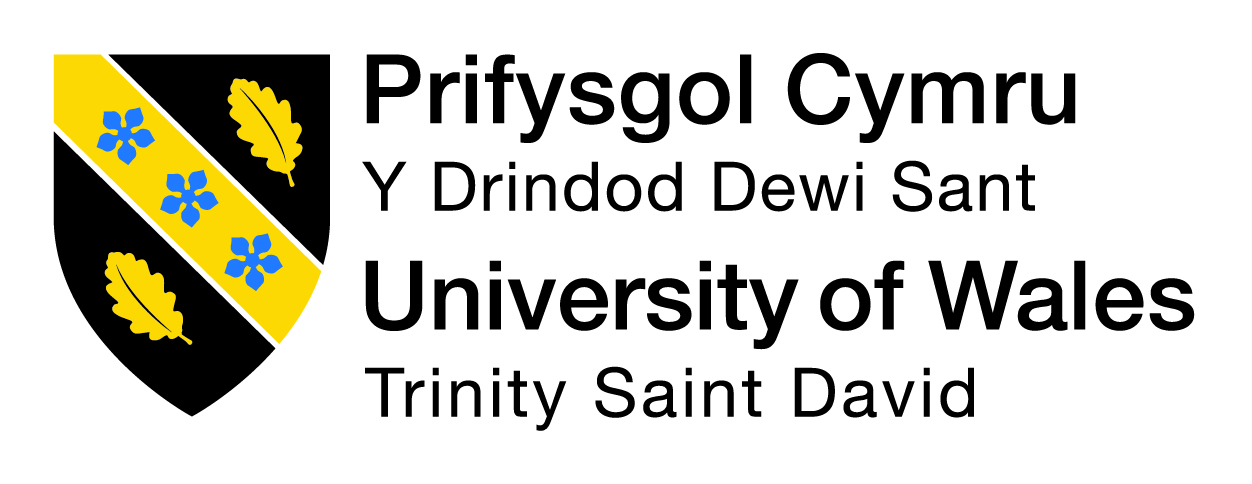/br

Cardiff Metropolitan University-United Kingdom (UK)

University of South Wales, United Kingdom (UK)

University of the west of England, United Kingdom (UK)

Swansea University, United Kingdom (UK)

Cardiff University, United Kingdom (UK)

University of Wales Trinity Saint David, United Kingdom

Sinhgad Technical Education Society, India
The ICCS 2024 is an unparalleled opportunity to discuss cyberthreat analysis, operations, research, and law enforcement to coordinate various efforts to create a more secure world. The ICCS 2024 serves as a platform for researchers and practitioners from academia, industry, and government to present, discuss, and exchange ideas that address real-world problems with security and privacy in communication networks. The conference program will include special sessions, presentations delivered by researchers from the international community, including presentations from keynote speakers and state-of-the-art lectures and keynote speeches.
Through sharing and networking, ICCS 2024 will provide an opportunity for researchers, practitioners and educators to exchange research evidence, practical experiences and innovative ideas on issues related to the Conference theme.
Please consider submitting to this conference. We are interested in the entire range of concepts from theory to practice, including case studies, works-in-progress, and conceptual explorations.
Read More
Dr. Naveed Aman is an Assistant Professor of Cybersecurity at the School of Computing, University of
Nebraska-Lincoln (UNL). He earned his Ph.D. in Electrical Engineering and an M.Eng. in Industrial Engineering from
Rensselaer Polytechnic Institute, Troy, NY, in 2012. He also holds a B.Sc. in Computer Systems Engineering from KPK
University of Engineering and Technology, Peshawar, and an M.Sc. in Computer Engineering from the Center for
Advanced Studies in Engineering, Islamabad. Previously, Dr. Aman served in the School of Computing at the National
University of Singapore. His research spans several cutting-edge areas, including Internet of Things (IoT) and cyberphysical systems security, trustworthy machine learning, and quantum-era cybersecurity. Among his notable
contributions are pioneering device attestation algorithms and developing physical layer security techniques that
leverage transceiver and wireless channel characteristics. He has also significantly advanced the understanding of
privacy attacks on machine learning models. Title: Securing Critical Infrastructure Sectors Against Cyberthreats Abstract: Imagine waking up one day, grabbing your coffee, and realizing the
power is out, the traffic lights are flashing random colors like a Christmas tree on steroids,
and your local water treatment plant is suddenly streaming cat videos. Welcome to the
nightmare scenario of what could happen if critical infrastructures aren’t properly secured
against cyberthreats!
In this light-hearted yet eye-opening talk, we’ll dive into the high-stakes world of keeping
the backbone of society—energy grids, transport systems, healthcare, and more—safe from cyberattacks. While the
topic is serious, we’ll keep things entertaining as we look at how hackers might try to turn a city’s smart grid into
their personal light show or why outdated software in power plants could be the ultimate villain in an action movie
we never wanted to watch.
We’ll explore some real-world cyber incidents that have targeted critical infrastructures, revealing how
vulnerabilities can quietly creep into these systems. More importantly, we’ll discuss practical strategies and best
practices for strengthening defenses and keeping these essential services secure. Whether you’re a security
professional, a policymaker, or someone with a vested interest in the resilience of modern infrastructure, this session
will offer valuable insights—delivered with a dash of humor—into how we can collectively guard against cyberthreats
before they escalate into full-blown crises. Let's ensure our critical systems remain robust and resilient in the face
of evolving challenges. Dr Robert Atkinson is a Reader in the Department of Electronic and Electrical Engineering, University of Strathclyde, where he leads the Industrial AI Lab. He is a Senior Member of the IEEE and a Member of the IET. His research interests include the application of machine learning to real-world industrial problems including cyber-security, machine/animal/human health and AgriTech. He has a particular interest in applying AI to situations where there is limited ground truth data (labels) available to train AI models. He is a visiting Reader at NHS Lanarkshire and is a co-founder of the cyber-security start-up, Lupovis Ltd. Title: Intrusion Detection Systems for Cyber-Security – Challenges and Potential Solutions Abstract: The talk will outline the state-of-the-art in the application of machine learning to detecting communications networks intrusions. Although AI shows great promise in detecting well-known attacks, it struggles when previously unseen attacks emerge, so-called zero-day attacks. The talk will explore the use of contrastive learning as a solution that does not suffer from a high false positive rate that afflict outlier detection strategies. Another problem is related to the heterogeneity of communications networks: IDS systems trained to detect malicious traffic in one network do not translate well to another (target) network. The talk will discuss the potential for domain adaptation strategies to address this issue. Professor Ts. Dr. Madihah Mohd Saudi is a pioneering force in
cybersecurity and education. As a Professor in the Information Security
& Assurance (ISA) Programme, Faculty of Science and Technology
(FST) at Universiti Sains Islam Malaysia (USIM), Malaysia, she drives
innovation in both realms. Her tenure as USIM's former Chief Information
Officer underscores her visionary integration of technology and
education. With a remarkable career spanning over 20 years, Prof.
Madihah has authored numerous books, strategic plans, and impactful
journal papers. She holds esteemed positions worldwide, including Honorary Visiting Research Fellow at the
University of Bristol's CyberSecurity Group, Uniten Kingdom and Visiting Professor roles at prominent
institutions in Indonesia and Uzbekistan. A member of influential organizations like IEEE Computer Society,
she excels in cybersecurity and machine learning. Her educational journey, from a BSc (Hons) in Computer
Science to a PhD in Computer Security, combined with certifications like GSEC and CEH, reflects her
commitment to expertise. Prof. Madihah's influence resonates across borders, shaping a brighter future in
cybersecurity and education. Her legacy of knowledge, mentorship, and global collaboration continues to
guide aspiring minds and professionals alike. Her research interests are on malware detection and response,
mobile security and machine learning. Title: Ransomware Evolvement Against Internet of Medical Things (IoMT): Advances and Challenges Abstract: TThe intelligent ransomware attacks evolvement with camouflage and anti-forensics capability to bypass
detection mechanisms, have triggered cybercrime attacks such as data breaches, data privacy intrusion and
data theft against different sectors across the world. Unfortunately, the existing solutions are limited to certain
platforms and lack intelligent analysis capability with complex analysis. Apparently, we need more efficient
and comprehensive solution to detect ransomware attacks especially against cyber physical systems such
as national defense and security, telecommunication, energy systems, water distribution systems and
healthcare. Hence, during this session, the speaker will present on the current ransomware evolvement and
challenges, and a solution to detect ransomware against the Internet of Medical Things (IoMT) ecosystem
based on the integration of phylogenetic, a bio-inspired algorithm. Keynote Speakers



July 15, 2024
October 20, 2024
November 20, 2024
November 25, 2024
December 09-10, 2024
December 31, 2024
December, 2025
Post-conference, proceedings will be made available to the following indexing services for possible inclusion:




Enthusiastic minds will be all together on the same floor to exchange ideas, share the trends and converge towards a usable knowledge application in the fascinating world of IoT.
Yes, with you we are also counting moments, see you during the Conference.